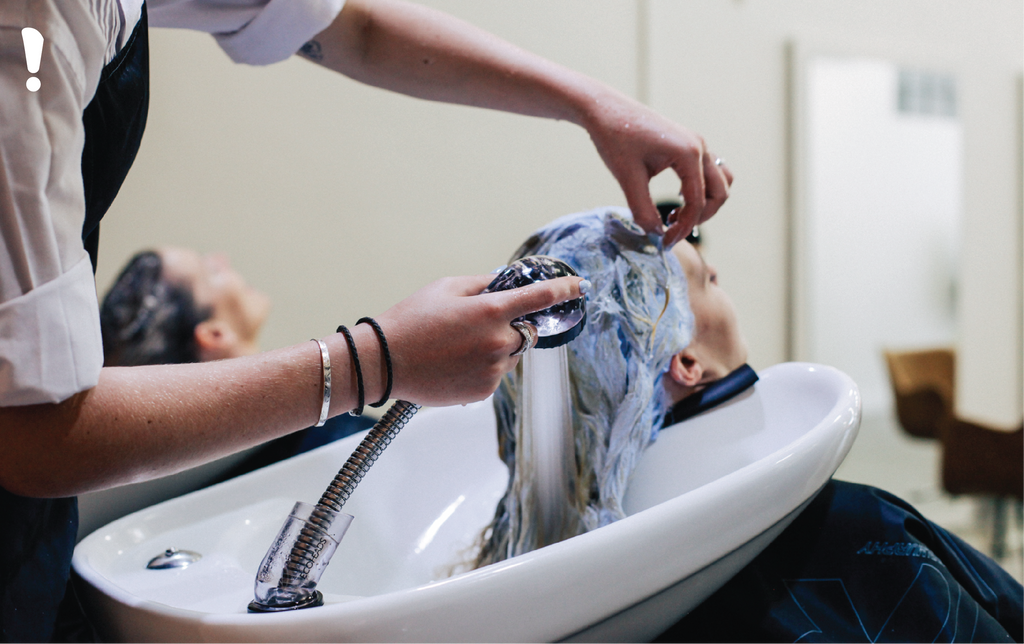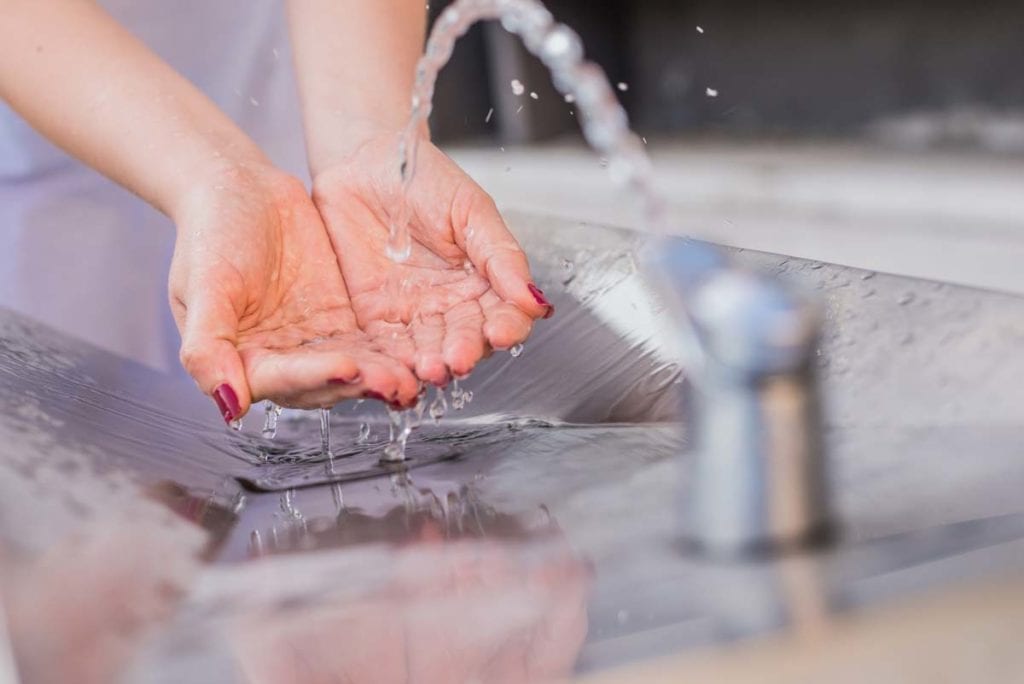We've noticed this article involving Winterizing Your Pipes directly below on the internet and thought it made sense to relate it with you here.

All house owners who live in warm climates have to do their ideal to winterize their pipelines. Failing to do so can lead to disaster like frozen, broken, or ruptured pipelines.
Switch on the Faucets
When the temperature declines as well as it appears as if the icy temperature will certainly last, it will help to turn on your water both indoors and also outdoors. This will certainly maintain the water flowing via your plumbing systems. Additionally, the motion will certainly slow down the freezing process. Especially, there's no requirement to transform it on full force. You'll end up losing gallons of water by doing this. Instead, go for about 5 declines per min.
Open Closet Doors Hiding Plumbing
When it's cool outside, it would certainly be handy to open up closet doors that are camouflaging your pipelines. Doing this little trick can keep your pipes warm as well as restrict the possibly dangerous results of freezing temperatures.
Require Time to Cover Exposed Piping
One very easy and also cool hack to heat up icy pipelines is to cover them with cozy towels. You can additionally make use of pre-soaked towels in warm water, simply do not forget to put on safety gloves to secure your hands from the warm.
Attempt a Hair Dryer or Warm Gun
When your pipelines are practically freezing, your trusty hair dryer or warm weapon is a blessing. If the warm towels do not aid dislodge any type of resolving ice in your pipes, bowling hot air directly into them might aid. You may end up destructive your pipelines while attempting to thaw the ice.
When Pipes are Frozen, shut Off Water
If you observe that your pipelines are totally frozen or almost nearing that stage, transform off the primary water valve instantly. You will normally locate this in your cellar or laundry room near the heating unit or the front wall closest to the street. Turn it off as soon as possible to stop further damage.
Don't neglect to close outside water resources, as well, such as your connection for the yard house. Doing this will certainly protect against additional water from filling out your plumbing system. However, with more water, more ice will pile up, which will eventually lead to rupture pipelines. It is best to call a specialist plumber for an assessment if you are unsure concerning the state of your pipes this winter months. Taking this positive strategy can save you countless bucks out of commission.
All home owners who live in pleasant climates must do their best to winterize their pipes. Failure to do so can mean catastrophe like frozen, cracked, or burst pipelines. If the hot towels do not help displace any settling ice in your pipelines, bowling hot air directly into them might aid. Transform off the primary water valve right away if you see that your pipelines are entirely frozen or practically nearing that phase. With even more water, more ice will certainly stack up, which will ultimately lead to burst pipes.
PREVENT YOUR PIPES FROM FREEZING THIS WINTER
A Leading Cause of Property Damage
When the weather is taking a deep nose dive into the cold dreary days, the risk of your pipes freezing and potentially bursting skyrockets. Unfortunately, during these cold dreary months, burst pipes are the most common denominator for property damage. The pipes that are most at the risk are those that are in areas where it is most cold in your home. For instance, pipes located in interior places such as basements, attics, and your garage. Unfortunately, that doesn’t mean that the pipes running through your cabinets or exterior walls can’t freeze. Good news, however, is that you can do things to help prevent pipes from freezing.
How to Prevent Pipes From Freezing
Once the temperature starts to drop during the winter, you should be taking the proper measures needed to ensure that your pipes stay warm and that there is circulation of water through them. Some steps that experts may recommend could go against your better judgement when it comes to saving water and heat. However, it would go without saying that when expenses are compared, damaged pipes could put a bigger dent in your wallet than a water bill.
What Can I Do?
Keep your garage door closed. This is very important, especially if you have water supply lines running through your garage. Open your kitchen and bathroom cabinets to allow warm air to circulate through them. Allow air circulation throughout your home. Keeping the interior doors open will once again allow the warm air to circulate inside your home. Ensure your thermostat is running the same temperature throughout the night and day. If you plan to be away from home during the cold months, set your temperature no lower than 55° F. This should provide enough heat to keep the pipes warm and prevent any remaining water inside the pipes from freezing. For more of a long-term solution, add insulation to attics, basement, and other crawl spaces around your home. By allowing your faucet to drip, it will alleviate pressure in the system. This is important because the pressure that is created between the blockage and the faucet can potentially cause the pipes to burst. Allowing the faucet to drip will prevent the pressure from building up, therefore keeping the pipes from bursting. Seal any cracks, openings, and crawl spaces around your home to prevent cold air from coming inside. This keeps your pipes-not to mention your home-warmer and less susceptible to issues caused by freezing temperatures. For the pipes in your home that are easily accessible, applying electrical tape to them might prevent them from freezing over. This is a quick fix, as you can apply the tape directly to the pipe. There are two options for heating tapes. One turns on and off by itself when it senses heat is needed. The other type of heating tape needs to be applied when heat is needed and removed when not necessary. If you have exposed pipes in your home, you can check this website to take a look at a few options that would be available at a shop near you.

We were shown that write-up about Prevent Freezing and Bursting Pipes from an associate on our other website. Are you aware of someone else who is fascinated by the topic? Do not hesitate to promote it. I truly appreciate reading our article about How to stop pipes from freezing during the winter.
Need fast action?